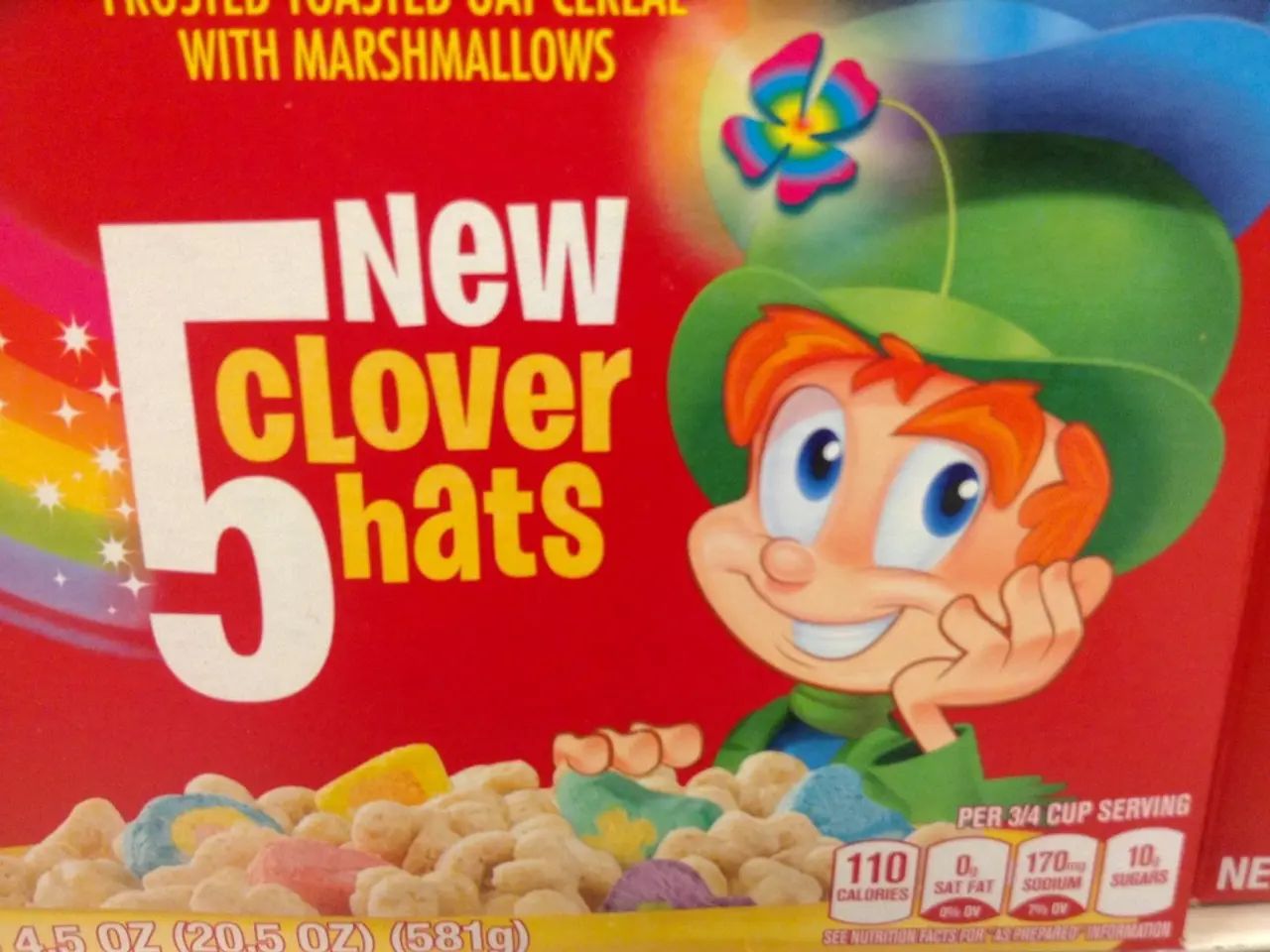McDonald's Japan Apology for Pokemon Fiasco in Happy Meal
In a bid to curb reselling and prevent food waste, McDonald's Japan has introduced stricter measures for its Pokémon card Happy Meal promotion. The fast-food giant has implemented a maximum purchase limit of three Happy Meals per group, refusing orders of four or more, and has banned accounts on its official app for customers violating these rules or line-cutting [1][2].
Stores may also refuse service to customers who attempt to intimidate staff, and some offenders have even had their mobile app accounts banned [2]. McDonald's has sought cooperation from e-commerce platforms like Mercari to remove malicious listings of bulk-resold cards, though the effectiveness of this collaboration relies on the platforms' voluntary cooperation [2][3].
The resale prices for the limited-edition Pokémon cards have reached over 20,000 yen per card (~$150), with some buyers purchasing large quantities and abandoning the food, causing food waste and public backlash [3][4]. In response, McDonald's has removed Pokémon cards from some promotions and postponed others to avoid repeat problems [1][3][4][5].
The popularity of Pokémon cards extends beyond children, with a significant number of adult superfans and collectors also seeking these limited-edition items. Unfortunately, some of these adult fans are reselling the cards, leading to instances of food being thrown away or discarded [6].
McDonald's has acknowledged these issues in its latest campaign and plans to introduce a stricter cap on future Happy Meals purchases to prevent resale-driven mass purchases [7]. The company has also apologised for the campaign triggering long queues and social media outrage about food waste [8].
Despite the challenges, the resale market for Pokémon cards remains strong. With billions of cards printed, some have even sold for millions of dollars [9]. Previous problems with resale have also affected other McDonald's campaigns, including collaborations with manga series like "Chiikawa" [10].
One social media user expressed frustration about not being able to buy a Happy Meal for their daughter due to the crowds [11]. Some have even dubbed the campaign the "Unhappy Meals" campaign [12]. McDonald's has vowed to take more effective measures against unscrupulous resale in future campaigns [8].
References:
- Nikkei Asia
- CNN
- Bloomberg
- Reuters
- Kyodo News
- Japan Today
- The Mainichi
- NHK World
- CNET
- Anime News Network
- McDonald's Japan aims to address the issue of food waste and reselling by imposing a stricter purchase limit for Happy Meals, refusing orders exceeding three per group, and banning accounts violating these rules or engaging in line-cutting.
- Owing to the high resale prices of the limited-edition Pokémon cards, some buyers are purchasing multiple Happy Meals and discarding the food, leading to public outcry and food waste.
- Recognizing these problems, McDonald's plans to introduce a stricter cap on future Happy Meal purchases to prevent resale-driven mass purchases and has vowed to take more effective measures against unscrupulous resale in future campaigns.
- The resale market for Pokémon cards remains robust, with some cards selling for millions of dollars despite the challenges posed by food waste and public backlash.




